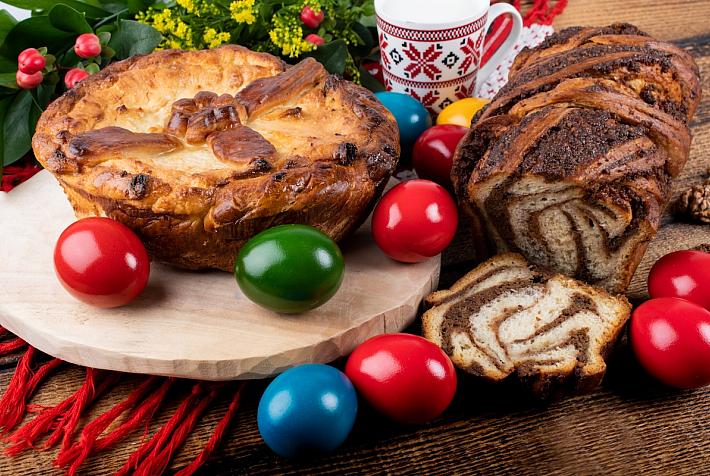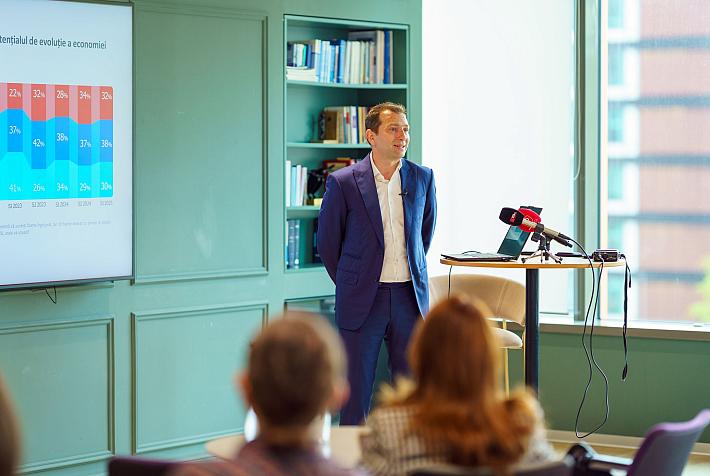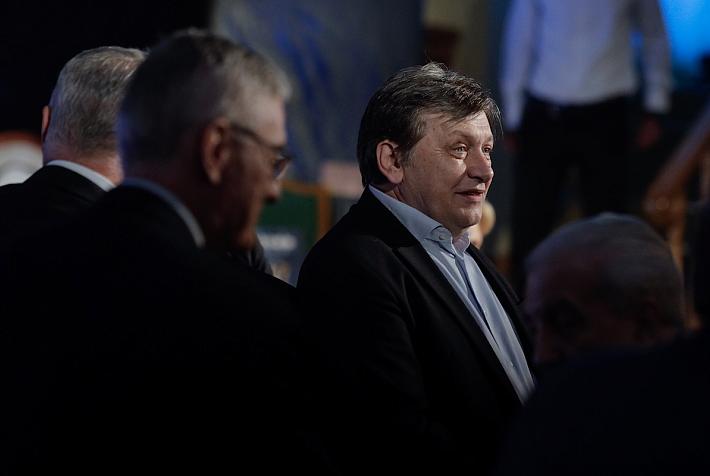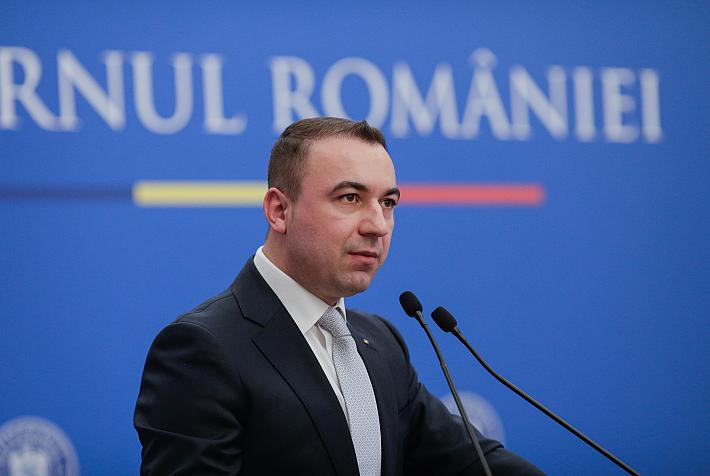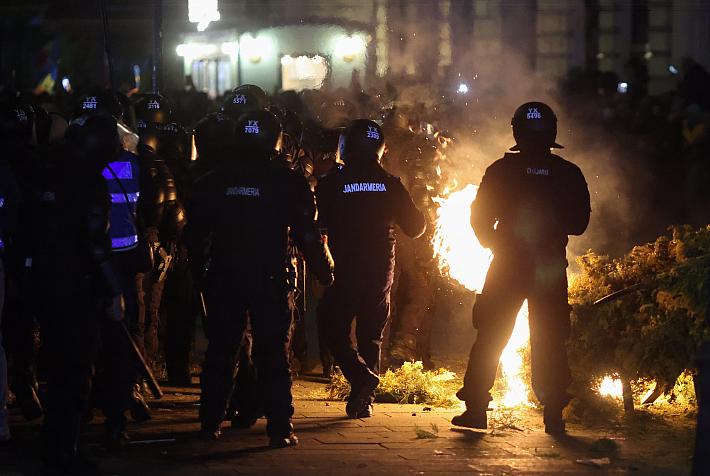Famous Romanians: Norman Manea, the most translated Romanian author

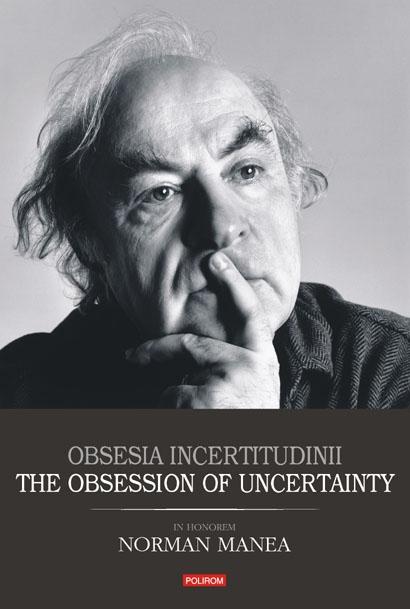 The reason we chose to feature Norman Manea in this article in the Famous Romanians series was that he has recently become honorary member of the Royal Society of Literature in UK, which made him the first Romanian to receive this distinction. It was not the only reason, though. Despite having lived outside Romania since 1986, Romanian writer Norman Manea has never ceased to write in Romanian. In fact, he published all his books in Romanian. His writings have been afterward translated and Manea became the most translated Romanian writer.
The reason we chose to feature Norman Manea in this article in the Famous Romanians series was that he has recently become honorary member of the Royal Society of Literature in UK, which made him the first Romanian to receive this distinction. It was not the only reason, though. Despite having lived outside Romania since 1986, Romanian writer Norman Manea has never ceased to write in Romanian. In fact, he published all his books in Romanian. His writings have been afterward translated and Manea became the most translated Romanian writer.
"The Romanian sculptor Brancusi once said that when the artist is no longer a child, he is dead. I still don't know how much of an artist I have become, but I grasp what Brancusi was saying. I can grasp - even at my age - my childish enduring self. Writing is a childish profession, even when it becomes excessively serious, as children often are," Norman Manea has written for the online project Project-Syndicate.org, in a text called 'The Honour of Exile'. His most recent commentary focuses on the mercantile approach of the art, in a text called 'Against Simplification'.
Norman Manea is currently Francis Flournoy Professor in European Studies and Culture and Writer in Residence at the Bard College in Annandale-on-Hudson, New York. He has been teaching at Bard since 1989. That was three years after he had left Romania, after years of criticizing the dictatorship and after his works had been heavily censored by the communist authorities in his home country.
Manea has become one of the most important contemporary Eastern European writers. His writings, translated into 20 languages, received high literary international prizes. His volume "Intoarcerea Huliganului' - 'The Hooligan's Return', a memoir volume published in 2003, was considered by The New Yorker Magazine 'an extraordinary book'. Read The New Yorker's review of the book here. The book received the French Prix Medicis for Foreign Literature in 2006. His latest novel, 'Vizuina' (The Lair) was published in Romania in 2010.
Norman Manea was born in Suceava, in the Bucovina region of Romania, in 1936, in a Jewish family. Deported as a child to a concentration camp in Ukraine, he returned to Romania with the surviving members of his family in 1945. He went on to study in Bucharest and worked as a hydraulic engineer. He started to publish in 1966, when his first work of fiction was included in the literary magazine 'Povestea Vorbii' (The Story of the Word).
Since 1974 he published novels, short stories and essays, most of them criticizing the society. He even received the Literature Prize of the Bucharest Writers’ Association in 1979. Further, he got the Literature Prize of the Romanian Writers’ Union in 1984, but eventually he was denied the award due to pressure from the authorities. He had begun writing about a democratic opening of the country and his writings sparked debate in the media.
The last novel he published in Romania before living the country, 'Plicul Negru' (The Black Envelope) has not been received well by the state's literature censorship. The censors have slashed his work, which has forced him to leave Romania.
Manea went to the US on a Fulbright scholarship and has been living there ever since. He now lives with his wife in Manhattan.
Considered to be one of the most well-known and successful contemporary Romanian writers, Manea received many awards: the MacArthur Fellows Award, The Guggenheim Grant, the Literary Lion Medal of the New York National Library, the National Jewish Book Award and the International Nonino Prize for Literature. His writings depict the Holocaust, the daily life in a totalitarian communist state and the exile, while also focusing the lenses on the inner life of the individual.
Norman Manea wrote about himself:
“In the public arena, Augustus the Fool faces, unavoidably, the Clown of Power. All human tragicomedy may be seen in this encounter, in the history of the Circus as History. In the world-circus the writer - and I see myself as one- seems ill equipped for everyday life in which his fellow men offer and receive their share of credible reality. And yet his weakness may be also be seen as an unconventional and devious strength, his solitude as a deeper kind of solidarity, his imagination as a shortcut to reality. I may fit the portrait of such an adventurer trying to humanize his shipwreck wherever he may be.”
Books available in English: The Hooligan’s Return (memoir, 2004); The Black Envelope (novel, 1995); Compulsory Happiness (novellas, 1993); October Eight o’Clock (short fiction, 1992); On Clowns: The Dictator and the Artist (essays, 1992).
Awards and honors:
DAAD Berliner Kunstler Programm (1987), Fulbright Fellowship (1989), MacArthur Fellowship (1992), Guggenheim Fellowship (1992), National Jewish Book Award (1993), The New York Public Library Literary Lion Medal (1993), Nonino International Prize (2001), Napoli Prize for Fiction (2004), Prix Médicis Étranger (2006). Member, Berlin Academy of Art (2006). At Bard since 1989.
editor@romania-insider.com






